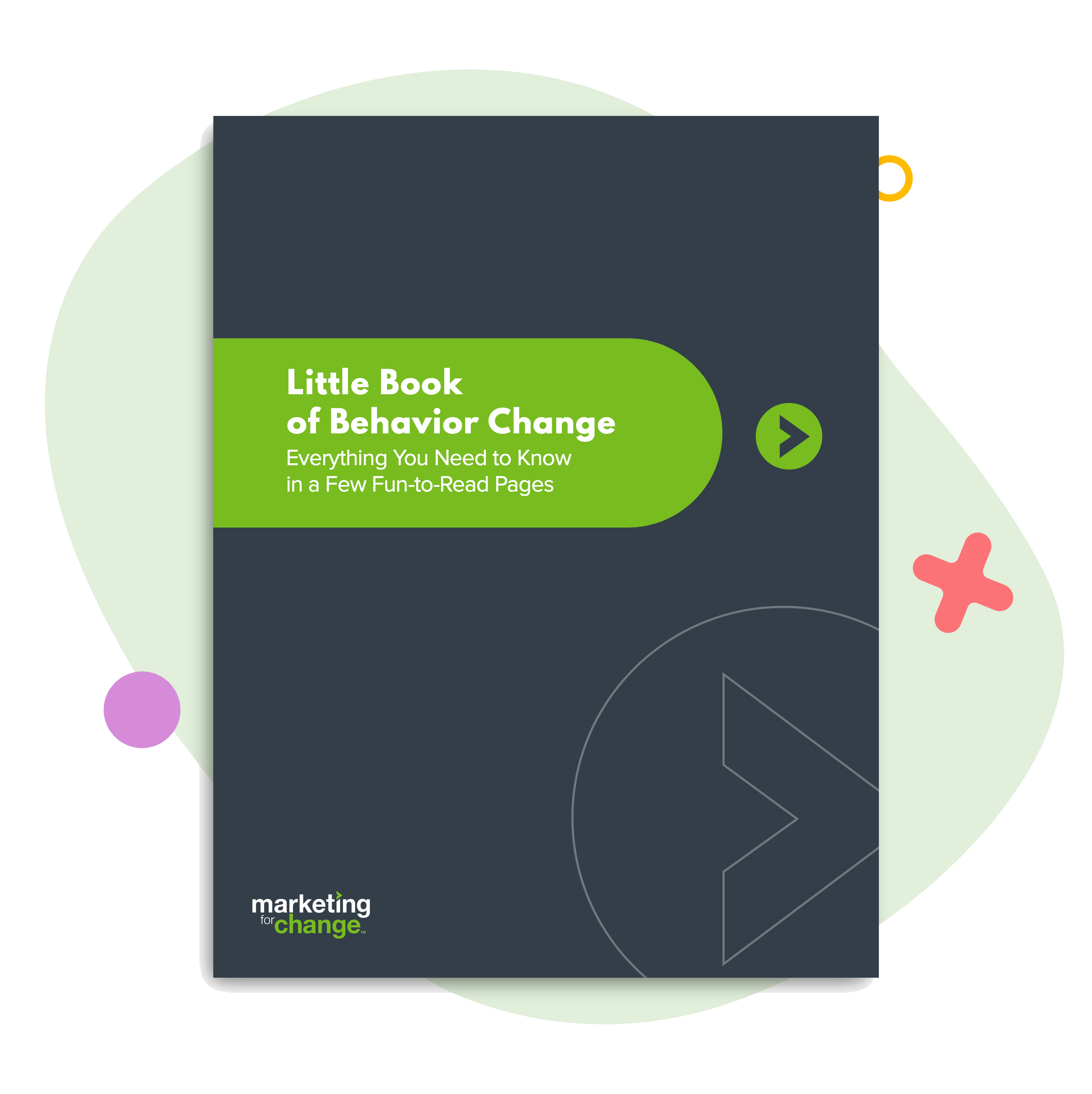
Motivating Health Behavior Change: Three Dangerous Assumptions to Avoid
Behavior change is becoming more and more important to device manufacturers, health IT companies, pharma, and life science firms, as they expand their offerings into disease prevention. Whether aiming to get people to eat healthier, exercise more, participate in screenings, take meds as prescribed, monitor insulin levels, or conduct self-exams, successfully motivating behavior change isn’t easy.
The good news is that health behavior change has been a major focus in public health for decades, and there are a lot of lessons that health care businesses can apply.
One key lesson is recognizing and correcting the fundamental assumptions that derail most efforts to motivate health behavior change. Here are three of the most pervasive and insidious assumptions.
1. Assuming people don’t know better:
Many companies wrongly assume that the barrier to behavior change is lack of awareness. Therefore the thinking goes, if we just give people logical reasons for why people should change their behaviors, they will see the light and mend their ways. Typically these logical reasons center on reducing risks of morbidity and mortality (does that sound exciting or what!?). The reality is that more often than not, people are already well aware that certain behaviors are bad for them. Ask any smoker or obese person; they recognize their habits are harmful, and they know they should quit smoking or cut calories. Lack of awareness is usually not the problem. Therefore, behavior change campaigns aimed at increasing awareness will always fall short.
2. Assuming people behave as they believe:
Consider your own life. Do your actions consistently reflect your beliefs about what is and is not healthy? Or is there a disconnect? I gave a guest lecture today to a great group of grad students studying public health communication. To make the point that people’s behaviors don’t always match their beliefs – what psychologists call cognitive dissonance – I asked how many regularly sleep 8 hours a night, eat nutritiously, and exercise vigorously. Only a handful of the students raised their hands. While they all believe they should get good sleep, eat well, and work out, very few behave that way. (And these are young people making health promotion/disease prevention their profession. They really know this stuff!). Human nature is such that we don’t always do what we know we should do. We unfortunately have the ability to sustain high levels of belief-behavior inconsistency. Campaigns that are predicated on the idea that people’s health behaviors will align with their beliefs about health usually fail.
3. Assuming big negatives trump little positives:
It seems so obvious. If you sell CPAP devices, you may think: How can people possibly not use their CPAP machine? They could stop breathing and die in the middle of the night! Similarly, if you work for an insurance company or hospital, you may think: How can people at high risk of heart disease possibly not choose low fat, low salt foods? They could die of a heart attack! Same with medication adherence. Same with breast self-exams. Clearly, stopping breathing or having a heart attack are big negatives. But they are only possibilities. The comfort of sleeping without a face mask and loud machine is a definite. A small positive but a definite one. Likewise, the definite pleasure of a rich dessert can eclipse the possibility of a heart attack. Never underestimate the allure of immediate pleasures.
All these mistaken assumptions are rooted in what I call “us” centered thinking. The solution is to adopt “them” centered thinking. Put your customers in the middle, not yourself. That’s the first step toward successfully motivating health behavior.
Give it a shot! Start planning your behavior change change campaign.
Dr. Moshe Engelberg is the founder of ResearchWorks, a marketing, strategy, and research agency focused on organizations in the business of health.






